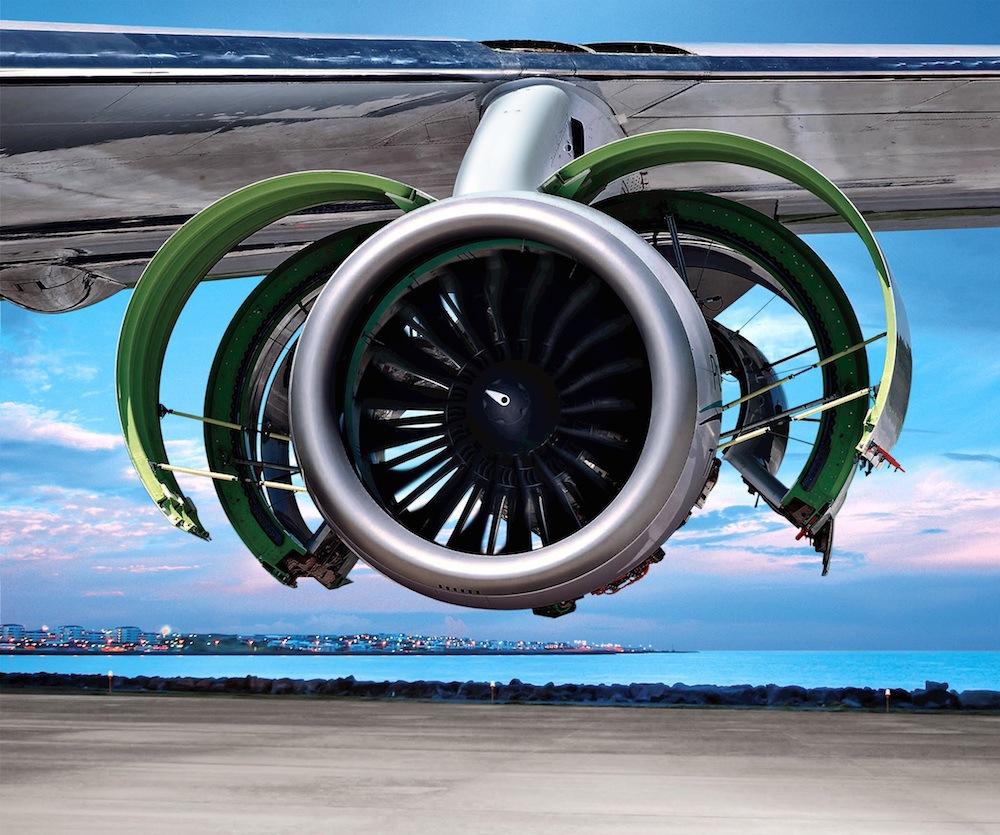
By John Mandyck Chief Sustainability Officer for UTC
Urbanization is a 21st-century mega-trend impacting the future of aviation.
In 2007, for the first time in human history, more people around the world lived in cities and towns than in rural areas. The United Nations forecasts the addition of 2.5 billion more city dwellers by 2050, meaning two out of every three human beings will live in an urban area.
U.N. Secretary-General Ban Ki-moon has captured the impact of this growth, saying “Urbanization is a driving force, as well as a source of development. It has the power to change and improve lives.”
By creating vibrant consumer markets, clustering production and distribution, and attracting capital and talent, cities generate wealth. One study suggests that by simply doubling the population of an urban area, each inhabitant becomes, on average, 15 percent wealthier and 15 percent more productive. Further, when cities are planned thoughtfully and operated efficiently, they represent the single most sustainable form of community in which human beings live.
Consequently, as cities expand around the world throughout the 21st century, they will generate a new, dynamic middle class that is larger, healthier and wealthier than at any time in history. By 2030, 5 billion people could be members of this global middle class. These individuals will enjoy higher levels of economic activity and greater access to goods and services.
One service they are expected to demand — in extraordinary numbers — is commercial aviation.
In 2015, 3.5 billion passengers flew commercial air; by 2034, that number is expected to skyrocket to over 7 billion, at which time the nations of Asia-Pacific will lead the world in passenger miles. This booming middle class will travel for pleasure, while a growing workforce will require the ability to transact business face-to-face in locations around the world. Despite today’s instantaneous communication technologies, healthy urban centers will need a mobile population to collaborate, grow, and prosper.
As one of humankind’s truly global industries, commercial aviation can have a powerful impact on the growth of sustainable urban environments around the world. To meet the business and personal needs of the new middle class, the global commercial fleet is expected to nearly double — from about 26,000 aircraft today to approximately 46,000 by 2030 — when it will support 103 million jobs and generate $5.8 billion annually in economic activity.
United Technologies, a global leader in building systems and aerospace, has been a principal player at the intersection of sustainable urbanization and commercial aviation for more than a generation. Our Otis and UTC Climate, Controls and Security divisions are focused on urban mobility and the creation of safe, smarter, and sustainable buildings. Our Pratt & Whitney division supplies aircraft engines for commercial, military, business jet, and general aviation customers.
The company’s recently introduced PurePower engine with Geared Turbofan technology, $11 billion and more than 20 years in the making, provides customers with 16 percent lower fuel use, a 50 percent overall reduction in particulate emissions, and a 75 percent reduction in overall noise footprint. In a world where more people take to the skies and the infrastructure of aviation will expand rapidly around cities, these innovations will have an immediate and meaningful impact on both sustainable aviation and urbanization.
We invite you to read our latest research paper, “The Modern Silk Road: Aviation in the Age of Sustainable Urbanization.” It expands on these issues and discusses ways in which the entire aviation industry can help make cities greener and travel more environmentally efficient.
image credit: UTC
John Mandyck is Chief Sustainability Officer for UTC.
TriplePundit has published articles from over 1000 contributors. If you'd like to be a guest author, please get in touch!














